Best movies & TV Shows like Apocalypse: War of Worlds (1945-1991)
A unique, carefully handpicked, selection of the best movies like Apocalypse: War of Worlds (1945-1991) Starring Mathieu Kassovitz, and more. If you liked Apocalypse: War of Worlds (1945-1991) then you may also like: Know Your Enemy: Japan, Countdown to Looking Glass, Oppenheimer, Czechoslovakia 1968, Despite the Falling Snow and many more popular movies featured on this list. You can further filter the list even more or get a random selection from the list of similar movies, to make your selection even easier.
The story of this fantastic period of history between 1945 and 1991, which was defined by the confrontation of two worlds and two systems. The capitalist West, dominated by the ever-powerful United States, is pitted against the Communist East, the Soviet Empire.
You may filter the list of movies on this page for a more refined, personalized selection of movies.
Still not sure what to watch click the recommend buttun below to get a movie recommendation selected from all the movies on this list
Countdown to Looking Glass
A fictional confrontation between the United States and the Soviet Union over the Strait of Hormuz, the gateway to the Persian Gulf. The narrative of the film details the events that lead up to the initial exchange of nuclear weapons from the perspective of an on-going news broadcast.
Oppenheimer
The story of J. Robert Oppenheimer’s role in the development of the atomic bomb during World War II.
Czechoslovakia 1968
Short documentary about 50 years of history of Czechoslovakia, with archive images.
Despite the Falling Snow
New York, 1961. Alexander Ivanov, a high-ranked Soviet bureaucrat, reluctantly defects to the West while is part of a diplomatic mission, feeling the grief of being unable to know the fate of his wife Katya, whom he has had to leave behind in Moscow. Only many years later, in 1991, he will finally find out the truth when his niece Lauren travels to Moscow to participate in a painting exhibition.
Invasion, U.S.A.
A group of American witness the deadly invasion of the United States by the Soviet Union.
The Singing Revolution
Most people don't think about singing when they think about revolutions. But song was the weapon of choice when, between 1986 and 1991, Estonians sought to free themselves from decades of Soviet occupation. During those years, hundreds of thousands gathered in public to sing forbidden patriotic songs and to rally for independence. "The young people, without any political party, and without any politicians, just came together ... not only tens of thousands but hundreds of thousands ... to gather and to sing and to give this nation a new spirit," remarks Mart Laar, a Singing Revolution leader featured in the film and the first post-Soviet Prime Minister of Estonia. "This was the idea of the Singing Revolution." James Tusty and Maureen Castle Tusty's "The Singing Revolution" tells the moving story of how the Estonian people peacefully regained their freedom--and helped topple an empire along the way.
Sobibor, October 14, 1943, 4 p.m.
A Claude Lanzmann documentary about one uprising by Jews in a Nazi-run concentration camp taken from his Shoah interviews.
The Iron Curtain
The Iron Curtain is based on the actual 1945 case of Soviet cipher clerk Igor Gouzenko, (Dana Andrews), who, after careful training, was assigned to the U.S.S.R. Embassy in Ottawa, Canada in the midst of World War II. Eventually, Gouzenko defected with 109 pages of material implicating several high level Canadian officials, outlined the steps taken to secure information about the the details of the nuclear bomb via numerous sleeper cells established throughout North America. The scandal that resulted when details of this case were publicized by American columnist Drew Pearson in early 1946 involved Canada, Britain and the United States.
Man on a String
U.S. spies catch a Moscow-born U.S. citizen helping spies, and they force him to counterspy.
Rich Hall's Red Menace
2019 marks the 30th year since the fall of the Berlin Wall and the end of the Cold War. Rich Hall examines the relationship between the West and the USSR in his inimitable fashion.
The Last Bolshevik
A documentary on Soviet filmmaker Aleksandr Medvedkin, examining his tumultuous career, the rediscovery of his masterpiece Happiness, and Russia's struggles over the course of the 20th Century.
My Perestroika
Tells the story of five people from the last generation of Soviet children who were brought up behind the Iron Curtain. Just coming of age when the USSR collapsed, they witnessed the world of their childhood crumble and change beyond recognition. Through the lives of these former schoolmates, this intimate film reveals how they have adjusted to their post-Soviet reality in today's Moscow.
The Long Way Home
The story of the post World War II Jewish refugee situation from liberation to the establishment of the modern state of Israel.
Enola Gay: The Men, the Mission, the Atomic Bomb
The story of Col. Paul Tibbets and his crew who flew the Enola Gay, the plane that dropped the first atomic bomb on Hiroshima, bringing World War II to a close.
The 1951 Festival of Britain: A Brave New World
Set against the post war period of debt, austerity and rationing, the 1951 Festival of Britain showed how to carve out a bright new future through design and ingenuity, while still having fun. Told by the people who made it happen and making use of some previously unseen colour footage, this is the story of how an extraordinary event changed Britain forever.
Bombs Away: LBJ, Goldwater and the 1964 Campaign That Changed It All
Three-year-old Monique Corzilius counts to 10, pulling petals from a daisy. A voice from mission control then counts down as the camera zooms into Monique's dark pupil. An atomic blast and ensuing mushroom cloud consumes the TV screen as President Lyndon Johnson's voice proclaims "We must either love each other, or we must die." This political ad, “Peace Little Girl,” aired only once or twice during the 1964 presidential campaign between Lyndon Johnson and Barry Goldwater, but it ushered in a new era of the television attack ad. The 1964 campaign also reshaped the American political landscape in other significant ways. Johnson's "Great Society" and civil rights agendas pushed southern states toward the Republican Party and brought the northeast in line with the Democrats, creating America's contemporary geopolitical map of red and blue states.
Stealing the Superfortress
How the Soviet Union was able to copy the Boeing B-29 Superfortress bomber, and the influence of the resulting Tupolev TU-4 on the Cold War.
Capitulation, the Final Hours that Ended World War II
A film made of archives mostly unknown, on the last day of the Second World War in Europe and on the events which preceded it. This film also shows the growing tension between the Allies and the Soviets at the time: May 8, 1945 is also the first day of the Cold War.
Resistance
It is 1944 and the D-Day invasion has failed, Germany's army have successfully invaded England and the Nazi war-machine is now heading west towards Wales. A group of women in an isolated Welsh village near the English border wake up to discover all of the their husbands have mysteriously vanished. They have headed into the mountains to join the Resistance.
Reservoir Dogs
Short film made with the help of the Sundance Film Institute and serving as a proof-of-concept for the subsequent feature film.
The Americans
Set during the Cold War period in the 1980s, The Americans is the story of Elizabeth and Philip Jennings, two Soviet KGB officers posing as an American married couple in the suburbs of Washington D.C. and their neighbor, Stan Beeman, an FBI Counterintelligence agent.
Foyle's War
As WW2 rages around the world, DCS Foyle fights his own war on the home-front as he investigates crimes on the south coast of England. Foyle's War opens in southern England in the year 1940. Later series sees the retired detective working as an MI5 agent operating in the aftermath of the war.
Manhattan
Set against the backdrop of the greatest clandestine race against time in the history of science with the mission to build the world's first atomic bomb in Los Alamos, New Mexico. Flawed scientists and their families attempt to co-exist in a world where secrets and lies infiltrate every aspect of their lives.
Unknown War
A documentary television series of the Nazi-Soviet War, edited from over 3.5 million feet of film taken by Soviet camera crews from the first day of the war, 22 June 1941, to the Soviet entry into Berlin in May 1945.
Oliver Stone's Untold History of the United States
Oliver Stone's re-examination of under-reported events in American history.
World War Two: Behind Closed Doors
Documentary series using dramatic reconstructions and testimony from witnesses to reveal the 'behind closed doors' politics of the Second World War.
The Silent War
The story of the underwater war between US, UK and Soviet submarines in the second half of the 20th century.
Fleming
Set at the outbreak of WWII – mischievous playboy Ian Fleming is untroubled by the specter of impending war – chasing women, collecting rare books and living off his family fortune. Forever in the shadow of his brother Peter, and an eternal disappointment to his formidable mother Eve, Fleming dreams of becoming the ‘ultimate’ man – a hero, a lover, a brute and the one who always gets the girl. He is finally given some direction in his life when he’s recruited by the Director of Naval Intelligence to help in the effort against the Nazis. Suddenly, Fleming finds his chance to shine and prove his worth.
Indian Summers
Epic drama set in the summer of 1932 where India dreams of independence, but the British are clinging to power. Set against the sweeping grandeur of the Himalayas and tea plantations of Northern India, the drama tells the rich and explosive story of the decline of the British Empire and the birth of modern India, from both sides of the experience. At the heart of the story lie the implications and ramifications of the tangled web of passions, rivalries and clashes that define the lives of those brought together in this summer which will change everything.
Apocalypse: Stalin
The rise of Stalin, from his early beginning as a bankrobber to the cold-blooded leader of the Soviet Union.
The Halcyon
The story of a bustling and glamorous five star hotel at the centre of London society and a world at war.
Inside Hitler's Killing Machine
May 1945: With the end of the war and the surrender of the Third Reich, the world discovered the full horror of a genocidal system on a scale never before seen in the history of humanity. The elimination of millions of individuals had been meticulously planned by a regime whose organization and methods were just beginning to be understood.
World War Two
Follow the deadliest conflict in human history in real time, week by week, blow by blow.
Apocalypse: Never-Ending War (1918-1926)
November 11, 1918. The world emerges from the most horrific conflict ever known. While leaders of the victorious countries design a new world order, traumatized societies struggle to find their footing. In the aftermath of war the Russian, German, Austro-Hungarian and Ottoman Empires fall apart, currencies fluctuate wildly, and vast numbers of refugees flee misery. Before long, age-old hatreds, fears, and resentments resurface and drive the world to the brink of a new apocalypse.
Our Miracle Years
In a politically, morally and economically destroyed country, three sisters of an industrialist family in post-war Germany reinvent themselves and set the course for their future.
Gulag, the Story
A major political, historical, human and economic fact of the 20th century, the Gulag, the extremely punitive Soviet concentration camp system, remains largely unknown.
De Gaulle, l'éclat et le secret
Explores the life of General De Gaulle, from the Appeal of June 18, 1940, to his departure from power in 1969. A dive into the military and political career of De Gaulle and an inside portrait of his private life.
Apocalypse: Hitler Takes on The West (1940)
May 10th, 1940, Hitler takes on the West. Will he precipitate Europe into the Apocalypse?
Apocalypse: Hitler Takes on The East (1941-1943)
June 1941, Hitler attacks the USSR: he wants to conquer this "Living space" which he dreams of for his Reich. It comes up against enemy realities: the vastness of the territory, the polar cold and the determination of a people with inexhaustible human resources. How far will Hitler take Germany?
Faith of the Century: A History of Communism
Communism spread to all of the continents of the word, lasting through four generations and over seven decades. Hundreds of millions of men and women were affected by this political system, one of the most unjust and bloodiest in history. Using newly discovered propaganda films and archival photos, these four episodes explore the mysteries of this totalitarian political machine that lured its share of important followers into the fold. Known as the red church, communism seduced its ardent followers like some earthly religion.
Russia 1985-1999: TraumaZone
What it felt like to live through the collapse of communism and democracy. A series of films by Adam Curtis.
Turning Point: The Bomb and the Cold War
With firsthand accounts and access to prominent figures around the world, this comprehensive docuseries explores the Cold War and its aftermath.
The Day After Trinity
This essential, Academy Award–nominated documentary offers an urgent warning from history about the dangers of nuclear warfare via the story of J. Robert Oppenheimer, the enigmatic physicist and all-around Renaissance man who led the Manhattan Project to develop the atomic bomb that America unleashed on Japan in the final days of World War II. Through extensive interviews and archival footage, THE DAY AFTER TRINITY traces Oppenheimer’s evolution, from architect of one of the most consequential endeavors of the twentieth century to an outspoken opponent of nuclear proliferation who came to deeply regret his role in ushering in the perils of the atomic age.

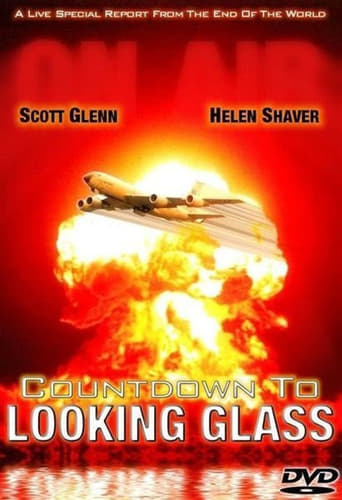












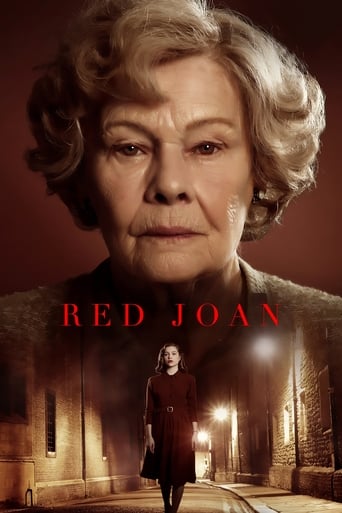
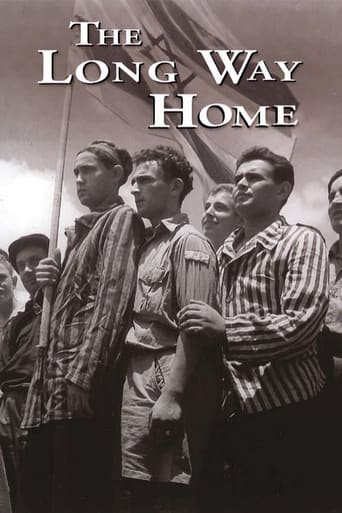
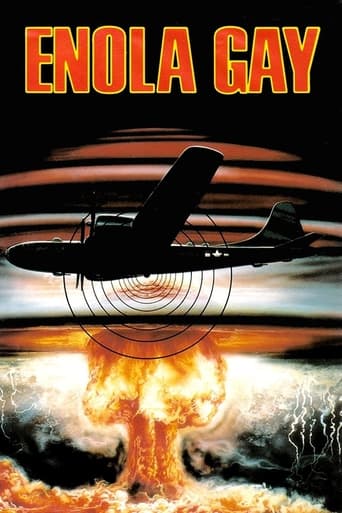































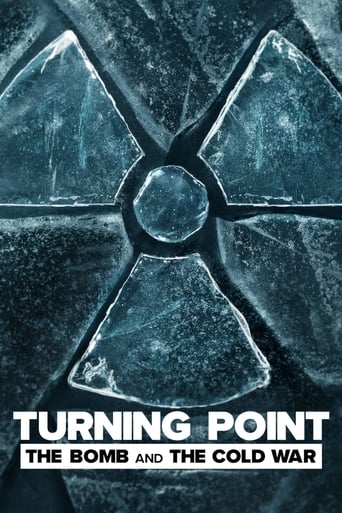
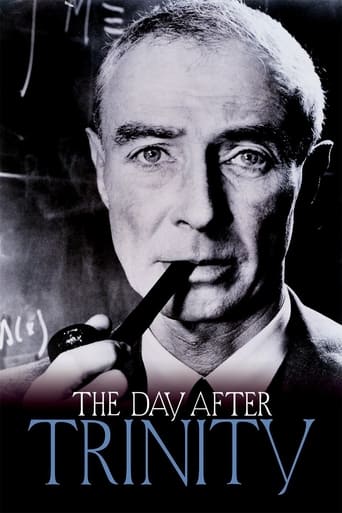
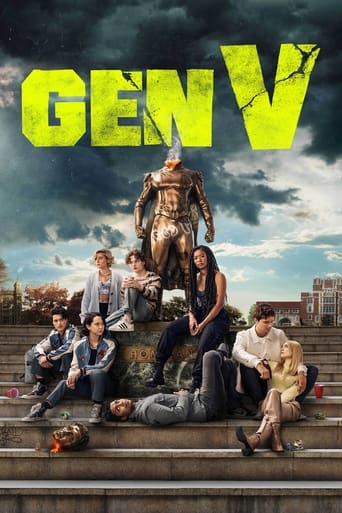

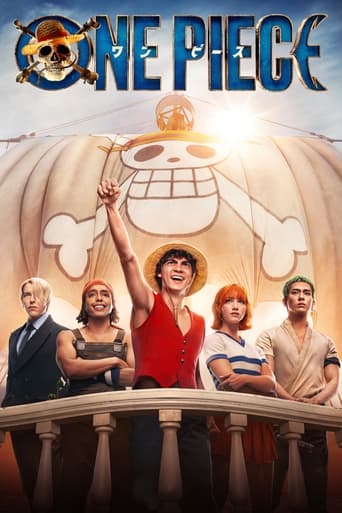
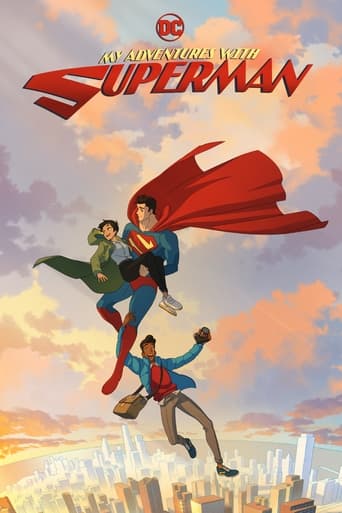
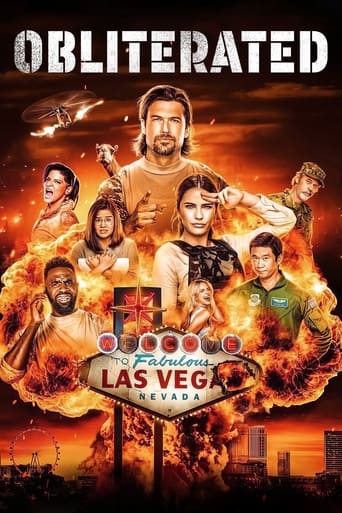

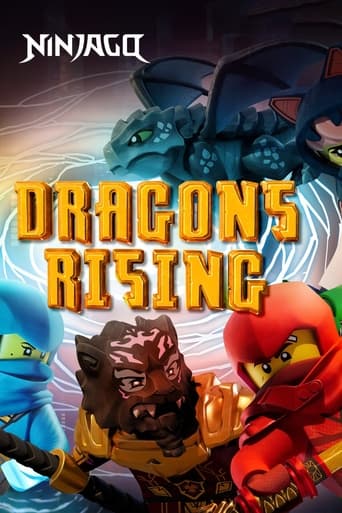
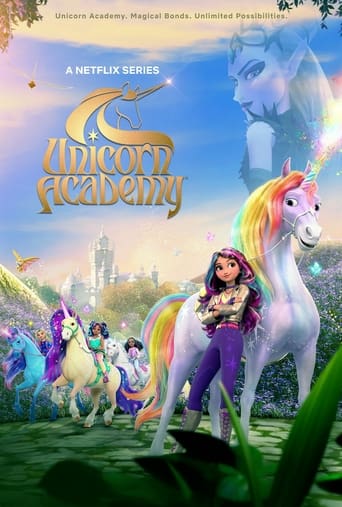



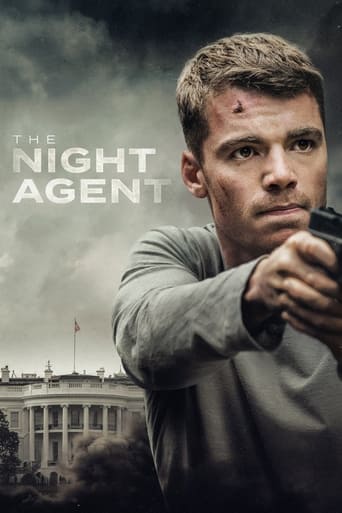
Know Your Enemy: Japan
Frank Capra-directed propaganda film produced during World War II depicting the United States' new enemy: Japan.